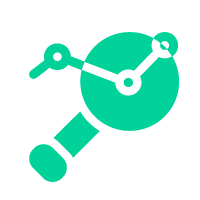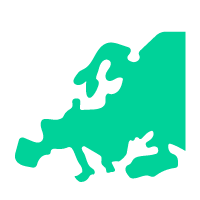En quoi consiste le projet IMMERSE ?

Définir de nouvelles méthodes et outils de recherche

Intégrer la voix des enfants tout au long du processus

Collecter de données représentatives de la réalité européenne





One of the concerns of the IMMERSE project from the beginning was how to make the project results accessible and useful for all the stakeholders. Reaching the final stretch, the project partners are proud to launch one of the [...]
The IMMERSE project is reaching the end of its journey. In these five years of hard work, you have witnessed the integration of research results from the IMMERSE project into various working papers, policy briefs. Continuous updates to the [...]
On November 6th, the greatest dissemination event of the IMMERSE project took place at the European Parliament premises, in Brussels. IMMERSE team joined H2020 project REFUGE-ED in this conference, to consolidate efforts, share knowledge to successfully address the integration of [...]